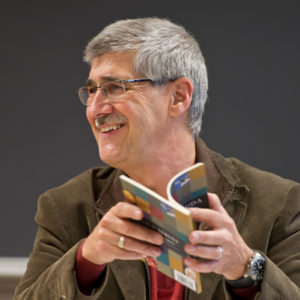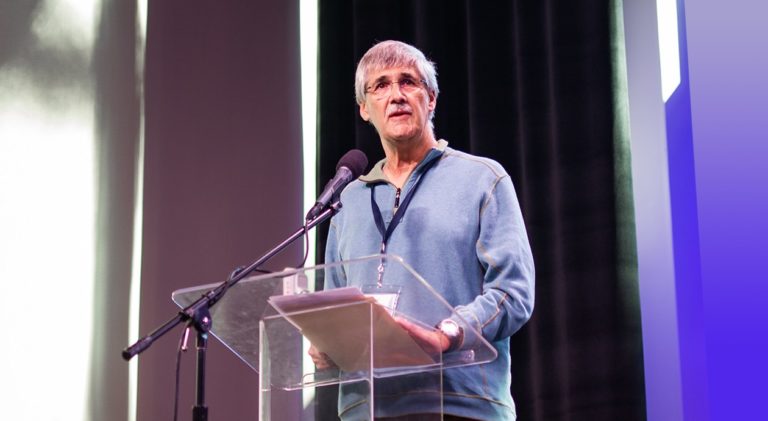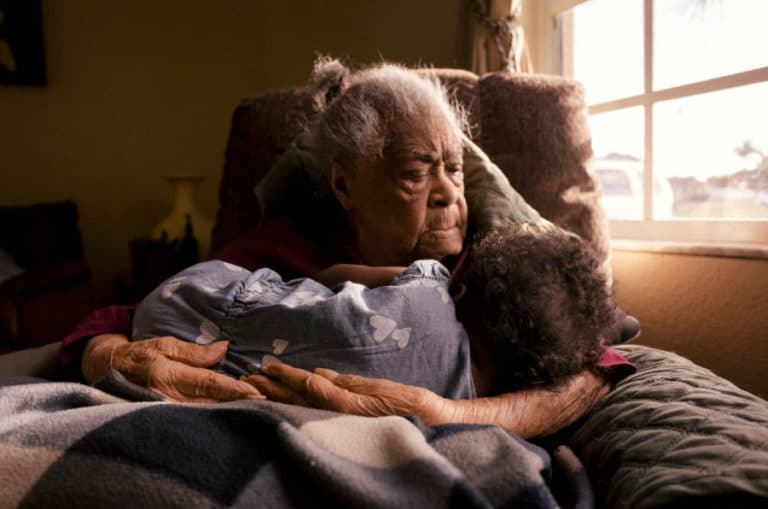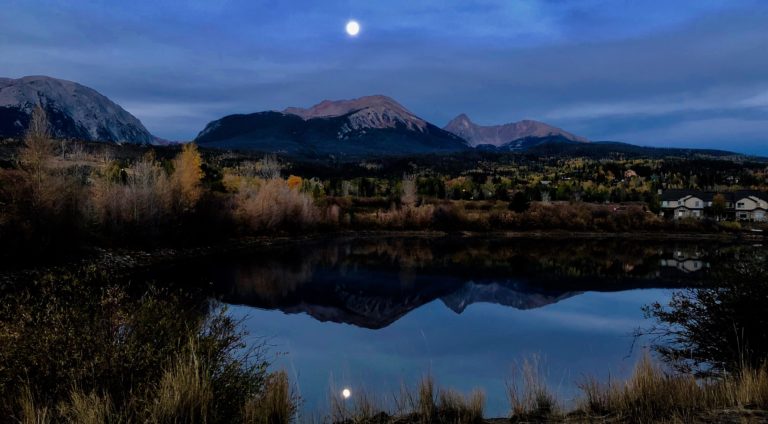What happens when people transcend violence while living in it? John Paul Lederach has spent three decades mediating peace and change in 25 countries — from Nepal to Colombia and Sierra Leone. He shifts the language and lens of the very notion of conflict resolution. He says, for example, that enduring progress takes root not with large numbers of people, but with relationships between unlikely people.
View
- List View
- Standard View
- Grid View
7 Results
A long weekend framed by poetry, anchored in live On Being conversations, with generous unscheduled replenishing space — a convening of the generative narrative of our time — at the 1440 Multiversity in the redwoods of Scotts Valley, California.
This year, we were thrilled to host our very first On Being Gathering — a four-day coming-together of the On Being community for reflection, conversation, and companionship — at the 1440 Multiversity in the redwoods of Scotts Valley, California. We greeted each day with verse from some of our most beloved poets — and now we’d like to share these delightful moments with all of you. Peacemaker and poet John Paul Lederach opened Monday with a series of haikus.
November 9, 2001
Jean Bethke Elshtain, John Paul Lederach, and Michael Orange
Justice and a Just War
Just-war theory was set in motion in the 5th century as St. Augustine agonized over how to reconcile Christianity’s high ethical ideals with the devastating world realities which were bringing about the fall of Rome. For 1,600 years, theologians, ethicists, diplomats, and political leaders have drawn on this tradition, refined it, and employed its key questions: When is it permissible to wage war? And how might our ethical and religious foundations place limits on the ways we wage war?
In this program, we explore three varied perspectives on how such questions are alive and evolving today, and how they might inform our approach to the conflict in Afghanistan and the peace we would like to achieve beyond it.
“Our discomfort and our grappling is not a sign of failure,” America Ferrera says, “it’s a sign that we’re living at the edge of our imaginations.” She is a culture-shifting actor and artist. John Paul Lederach is one of our greatest living architects of social transformation. From the inaugural On Being Gathering, a revelatory, joyous exploration of the ingredients of social courage and how change really happens in generational time.
The Pause
Join our constellation of listening and living.
The Pause is a monthly Saturday morning companion to all things On Being, with heads-up on new episodes, special offerings, event invitations, recommendations, and reflections from Krista all year round.
Search results for “”
View
- List View
- Standard View
- Grid View
Filters



